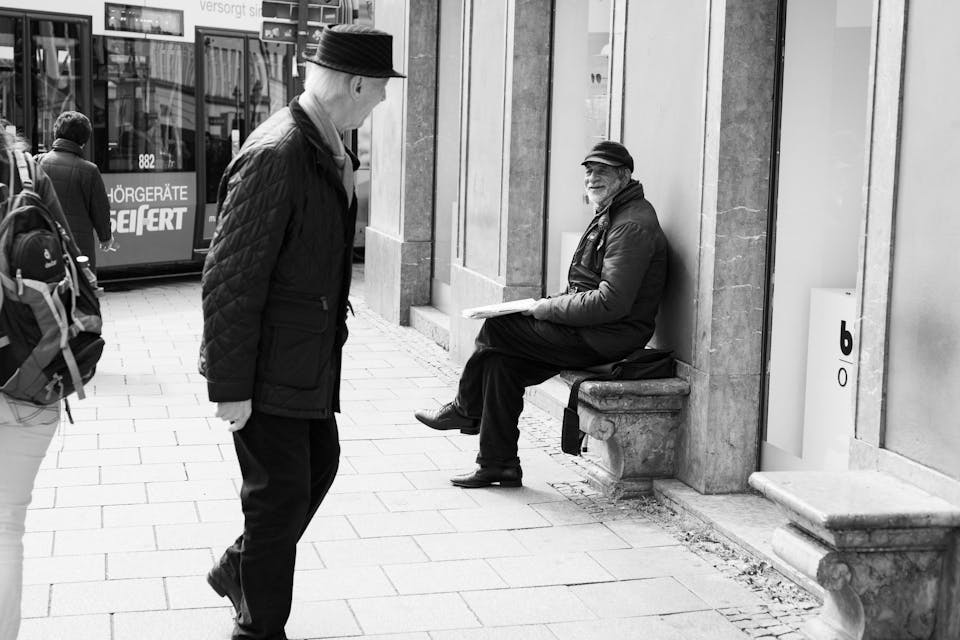
May 25, 2022
How German Jews and Non-Jews Laughed at Each Other in Not-So-Private Languages
By Philologos“Good Lord, the Christian woman understood!”
Sarah Benor, a noted figure in the field of Jewish sociolinguistics, has sent me a note regarding my last column. This dealt, as you’ll recall, with a Jewish-German argot called Lachoudisch, many of whose large number of Hebrew-derived words are still known to the non-Jewish inhabitants of the Bavarian town of Schopfloch in which it was spoken. At one point in the column I observed that the name Lachoudish, which has generally been explained as coming from Hebrew lashon ha-kodesh, “the holy tongue,” was more likely to have derived from “[Schopf]loch jüdisch, i.e., the Jewish speech of Schopfloch. This wasn’t my own idea. I had come across it in a discussion of Lachoudisch and it seemed sensible.
Benor has made me realize that it isn’t. Similar names, she writes, were given to other Jewish-German argots in southwest Germany, such as Lekoudesch and Lotegorisch, and it is far more reasonable to assume that these are all garblings of lashon ha-kodesh than to postulate different origins for each that led to like-sounding results. And so I hereby withdraw my support for the “[Schopf]loch jüdisch” theory.
One might ask, however, why lashon ha-kodesh, a traditional Jewish way of referring to Hebrew, should have been applied by Bavarian Jews to argots like Lachoudisch. Was it because these had a large Hebrew component in their vocabulary? But all distinctly Jewish forms of speech have been rich in Hebrew—that’s largely what makes them distinctly Jewish. Or was it because the speakers of these argots liked to laugh and thought it comical to label as holy their in-group German, which was often used to hide secrets or information from non-Jews? This could very well be the case, especially since, as my last column observed, the speakers of Lachoudisch had a sense of humor.